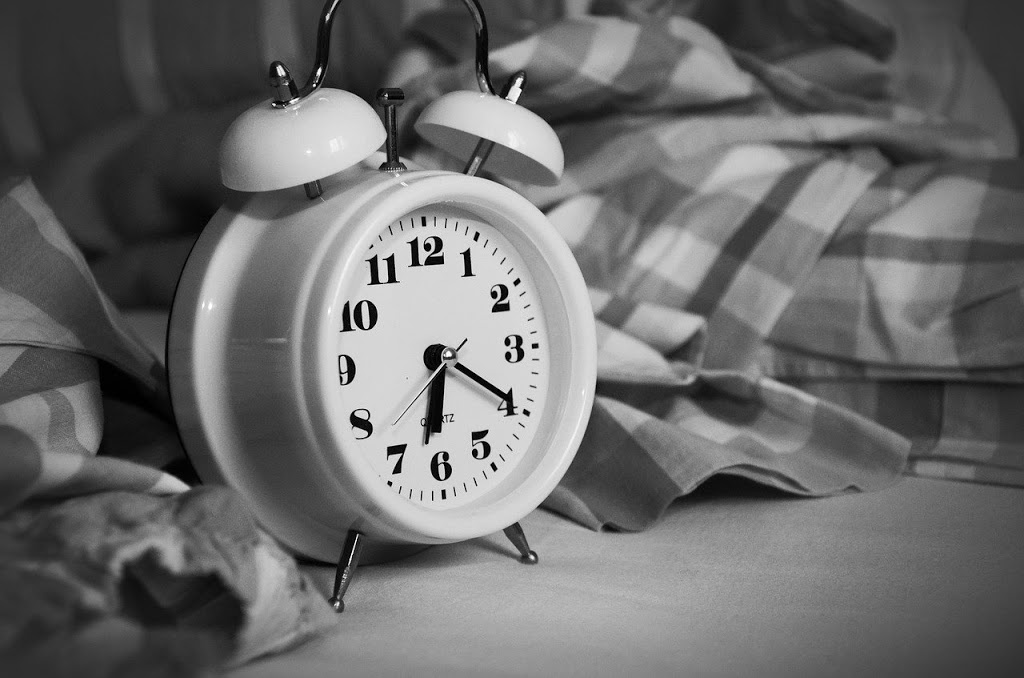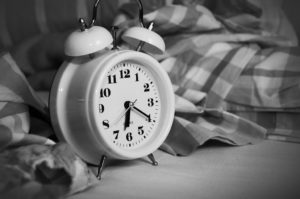In early addiction recovery, men and women learn that it’s necessary to replace old, unhealthy behaviors with new, beneficial ones. This will look different for each individual, of course, but some things are relatively consistent.
Once you are on the more comfortable end of your detox, specific actions are required to stay on course. Attending meetings and beginning to work with a sponsor or mentor is one aspect of the new path you are setting out on in recovery.
There is also the need for the mind and body to heal from drugs and alcohol’s harmful effects. In treatment, clinicians will recommend that you eat a balanced diet and introduce an exercise routine into your day to day life. Both actions will speed the recovery process along and make men and women feel better inside and out.
It’s best to take things slowly regarding exercise, do not go full tilt from the get-go; add new, healthy behaviors slowly or piecemeal. Remember, you are still healing in the first months of recovery; the last thing you want to do is injure yourself.
If you would like to start jogging, consider starting by taking a walk in the morning before attending the first meeting of the day. Later, add an evening walk to your schedule; in time, a walk can progress into a jog and then a run later on down the road. The point is not to bite off more than you can chew—everything in moderation.
Exercising and eating nutrient-rich foods will help your body heal and will even help with another challenging part of early recovery—sleep. Most people in early recovery find it difficult to get a full night’s rest. Some will have broken sleep or have irregular sleeping hours. Expending some energy exercising during the day can help with sleep.
A Restful Addiction Recovery
Sleep can be a frustrating aspect of early recovery. Either too much or too little sleep can impact how you feel during the daytime. Feeling exhausted makes it harder to adopt a program of recovery; it’s challenging to establish a routine when you are up all hours of the night and never feel entirely rested.
You can take actions to help with the sleeping aspect of early recovery, a time when you may still be experiencing post-acute withdrawal symptoms. Exercise and eating healthy will help you sleep better, and there are a few other behaviors you can adopt that will help you have more restful evenings.
While coffee and other caffeinated beverages are a mainstay of early recovery for many people, they can impact your sleeping patterns. If you swear by consuming caffeine to function during the day, please consider having a cut-off time: a point in your day when you stop consuming mild stimulants like tea and coffee.
Having caffeinated drinks late in the day and into the evening can impact your sleep patterns. It may take a little while to learn to abstain from coffee or energy drinks after the morning has passed, but it will pay off in the long run. If your goal is to feel more rested, then you will find it useful to part ways with caffeine after a specific point in your day.
Many people who struggle with sleep in early recovery also have the habit of watching television or browsing app feeds on their phones at night. Research indicates that the blue light emitted by your TV or smartphone restrains melatonin production, a hormone that manages your sleep-wake cycle or circadian rhythm. A study published in the journal Nature and Science of Sleep concludes:
“Using the mobile for at least 30 minutes (without blue light filter) after the lights have been turned off results in poor sleep quality, daytime sleepiness, sleep disturbances, and increased sleep latency.”
You can benefit from avoiding caffeinated drinks and technology in the evenings, especially in hours closest to bedtime. When adopting a recovery program, you’ll find it useful to have all the extra energy possible that comes with having restful evenings. One technique to break the habit of staring at the television or cell phone is making it a practice to read before bed.
Chemical Dependency Recovery Hospital
Please contact Hemet Valley Recovery Center & Sage Retreat if you are in the grips of alcohol or substance use disorder. Our team of professionals can help you break the cycle of addiction and begin the journey of lasting recovery. Our admissions team is standing by to answer any questions you have about our programs and services.



